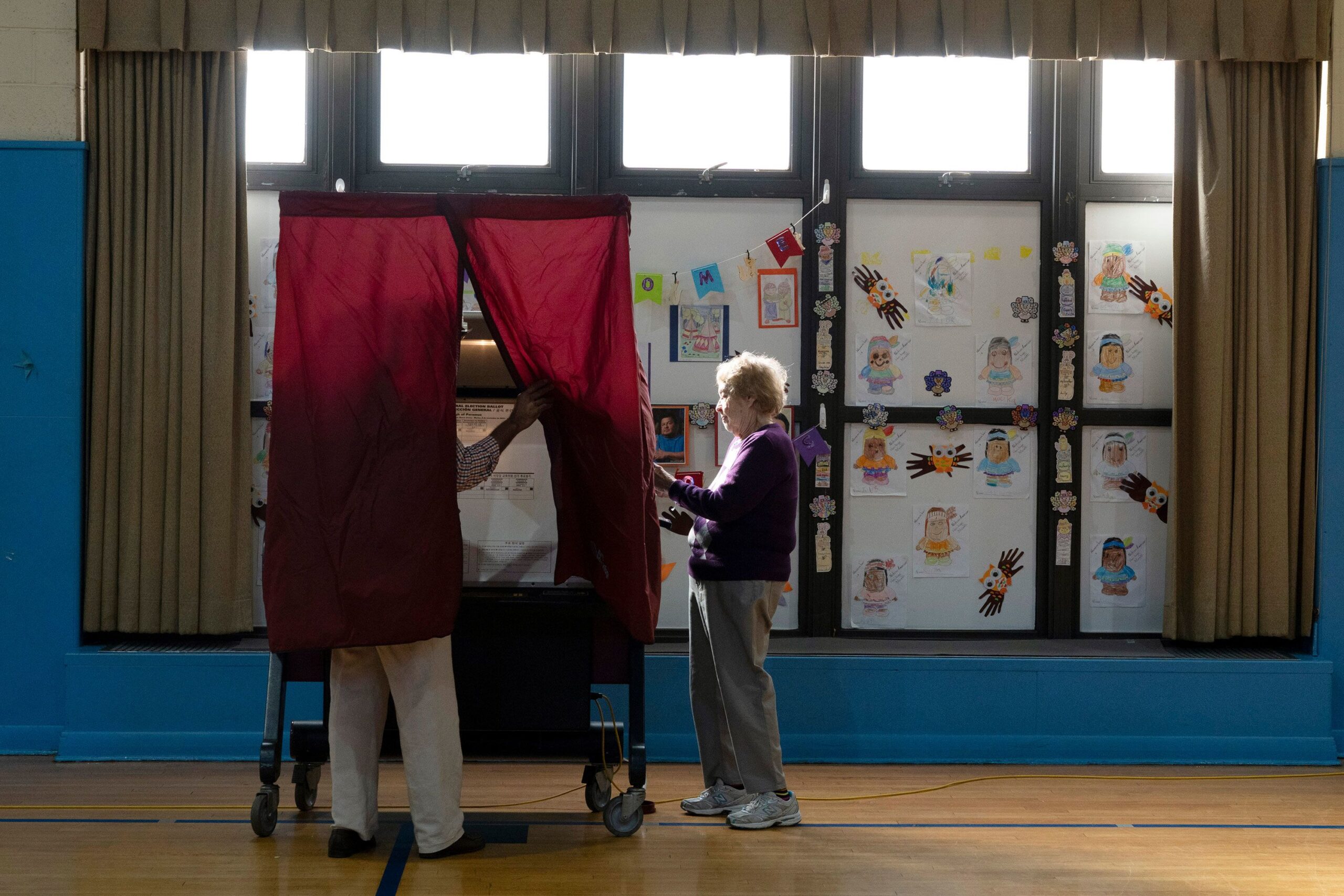New Jersey’s entrenched political machine may be nearing its end as a federal judge in Trenton prepares to rule on a lawsuit aimed at curtailing the influence of local power brokers over party primaries and the nominating process. The lawsuit, brought by Democratic Senate candidate Andy Kim, seeks to eliminate the so-called party line, a ballot structure that gives county leaders the power to favor their endorsed primary candidates.
Historical Context
The struggle for transparency and fairness in New Jersey’s electoral process has a long history, dating back over a century. Despite early victories for reformers, the balance of power gradually shifted back to the political machine during the 20th century. The system seemed to solidify in favor of the establishment until the rise of Donald Trump, which sparked a grassroots revolt that put the party line under scrutiny.
Current Lawsuit
Kim’s lawsuit, which closely mirrors one filed three years ago, has gained national attention due to his upcoming primary against New Jersey’s first lady and first-time candidate, Tammy Murphy. The two are among several candidates vying to replace Sen. Bob Menendez, a long-serving Democrat facing a slew of corruption charges. A ruling in Kim’s favor could significantly alter the political landscape in New Jersey, particularly with off-year elections on the horizon.
The Fight Against the Party Line
The party line, a system that allows party-backed candidates to be listed in a single, prominent column on the ballot, has long been criticized as undemocratic and akin to voter suppression. However, it has remained unchallenged for decades due to the high risks for dissenters and its success in silencing critics. The rise of grassroots liberal engagement following Trump’s election has emboldened opponents of the party line, leading to a surge in outsider candidacies and intense lobbying of federal lawmakers.
Implications for the Future
Regardless of the outcome of Kim’s lawsuit, the party line appears to be on borrowed time. New Jersey Attorney General Matt Platkin recently announced that he would not defend the “challenged statutes,” deeming them “unconstitutional.” This development, coupled with growing public awareness and backlash among ambitious officials, suggests a significant shift in the political landscape of New Jersey.
Conclusion
The fight against the party line in New Jersey is a testament to the power of grassroots activism and the potential for change in long-standing political systems. As the state awaits the court’s ruling, the future of New Jersey politics hangs in the balance.

